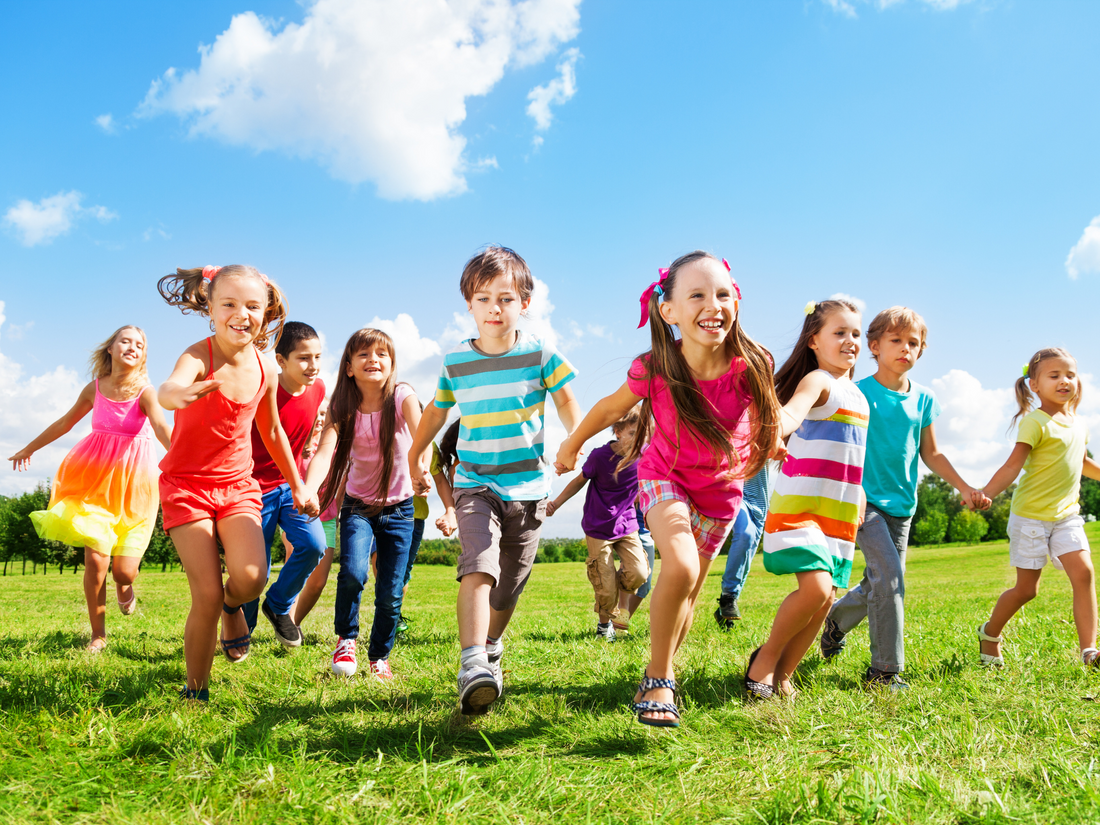Sometimes it feels scary and overwhelming for kids to learn about social justice, but the reality can be quite the opposite. Rather than being disempowering, educating children about social justice can actually help them uncover their own power and find their voice. When we trust kids to understand the world and give them tools to make a positive impact, they often feel a sense of agency, develop strong critical thinking skills, and discover topics they are passionate about.
Here are 5 ways social justice education can empower our students and prepare them to navigate the world with confidence and compassion:
Turning Awareness into Action
Discussing world events and social justice issues with children is a profound way to make them feel seen, heard, and valued. Children come to realize that they, too, can contribute to meaningful change and that their actions, no matter how small, can have a significant impact. This understanding is empowering—it motivates them to believe in their ability to make a difference.
Cultivating Informed, Compassionate Leaders
Teaching social justice is deeply meaningful education; you won't find too many kids asking "when will I ever need to know this?" during your social justice lessons. When children learn about fairness, equality, and advocacy, they are empowered with the mindset to lead change. It also makes sense to them, as kids tend to have a strong understanding of what is fair. They develop the confidence to speak up against injustice. At the same time, they gain a sense that their voice matters, which prepares them to becoming kind and contributing citizens.
Building a Sense of Trust and Responsibility
Integrating social justice into education also signifies a deep trust in our young learners. By engaging them in conversations about significant, complex world issues, we show them that they are capable of understanding and discussing important matters. This trust fosters a sense of responsibility, empowering them to take an active interest in the world around them and to consider their role in shaping the future.
Fostering Resilience and Optimism
Learning about social justice can be challenging, but it also instills resilience. It teaches children that while the world has its fair share of problems, there is so much kindness, compassion, and positive change happening as well. It shows them that they also have the power to make an impact. This helps them build an optimistic yet realistic view of the world, empowering them to believe in their ability to contribute to societal change and to persist in the face of obstacles.
Encouraging Critical Thinking and Engagement
Social justice education encourages critical thinking. It prompts students to question the status quo, consider multiple perspectives, and think deeply about the kind of world they want to live in. These critical thinking skills makes student better prepared to analyze information, make informed decisions, and engage with complex issues thoughtfully and constructively.
Teaching kids about social justice is a powerful form of empowerment. It equips them with the knowledge, skills, and perspective they need to navigate their world thoughtfully and to contribute positively to society. By trusting our youngest learners with the truths of our world, we empower them to shape it for the better.
Ready to be part of something bigger?
Join the Little Justice Leaders community. Together, we're creating a space where educators and parents can learn together, grow, and help build a movement to create a generation of changemakers.
Embrace the challenges, celebrate the wins, and remember that every step you take in social justice education is a step toward a brighter, more inclusive future. Your voice and experiences are vital in shaping the next generation. So, keep those conversations going, and let's continue changing the world, one conversation at a time!
To get access to tons of free resources and connect with other like-minded educators and families, join the Little Justice Leaders community.
